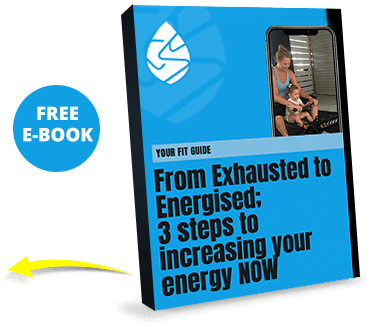Having a conversation in the studio last week, we were discussing the food diary exercise, we were talking about the difference between knowing something and learning something. Learning requires an experience of implementing the knowledge. This is the space where recognition of behaviour requires action to improve it, that is where the learning is.
This learning is where we spend most of our time working in the nutrition space. Exercise is a lot more simplistic; we can implement the change together. I program four sets of squats, critique your technique, improve your strength and most importantly stand there and make sure you do it!
Nutrition is a different ball game. One that’s played away from the studio, while the strategy may be simple: eat more veggies, drink more water and eat regularly. The reality is that life gets in the way. Some ‘life getting in the way’ examples:
-It’s Friday (an event that significantly alters intake apparently 🙂
-It’s your best mate’s 40th.
-You’ve had a bad nights sleep.
-Sick Kids.
The list goes on.
These are opportunities to realign those intentions and make them reality specific rather than judge yourself harshly. The truth is for us to move from knowledge to learning requires action and reflection. Otherwise, it’s just more information clogging up an already busy brain. Adults learn through experience. In the world of nutrition, if we learnt from another’s mistakes, we wouldn’t be having this discussion, the learning has to be at an individual level. The principles may be similar, but the specifics nearly always differ from person to person. Heck, let’s be honest depending on your stage of life they change between phases. I was talking with an old rum drinker last week who can’t believe the amount he used to consume. A different person now, the only commonality between the previous guy and who he is now is the name they share.
Suggestions on action items from here:
-When you are recommended the next ‘shiny thing’ in nutrition and exercise ask yourself, would this take me toward my goals, toward my version of health?
-If the answer is yes, ask yourself how do I test this in the most obvious way possible – for example: Drinking 2.5L water per day. Isolate the change to see its impact in isolation. Don’t team this change up with three others (fasting, low-carb and high-intensity interval training).
Just do one thing at a time to figure out if it works for you.
-Reflect on the isolated change – did I feel better? Is it something I can continue? Will I be able to enhance my life in the long term because of it? The best one: ‘would I recommend this to a loved one?’ When you can use empathy to analyse your actions, it provides that little thing called compassion that we aren’t so good at extending ourselves.
-Continue the test – don’t be so quickly sold, use time as your teacher. If you like it, give it another couple of days in succession before reflecting again.
-Last but certainly not least, DON’T read more about other topics. Don’t overwhelm yourself with the ‘next change’ before you have cemented the learning and translated the change into your language and your life.
Believe it or not, you’re pretty unique and that learning specific to you with your priorities, goals and existing habits will take some time.
Cheers to more Ahhhhh moments rather Oh O moments.
Thanks for reading
Sean



